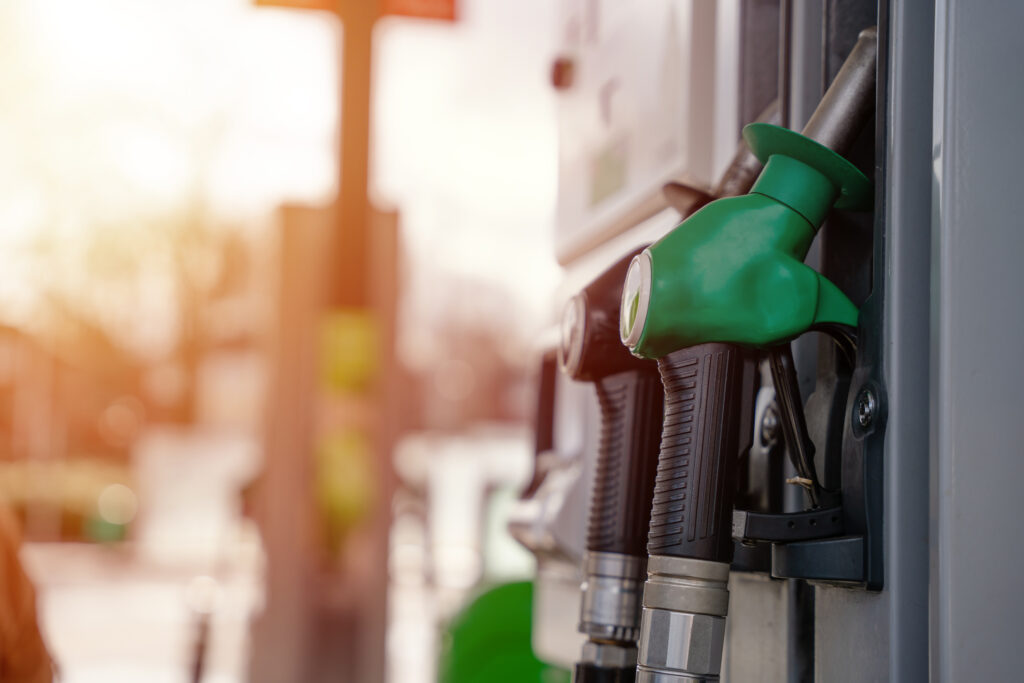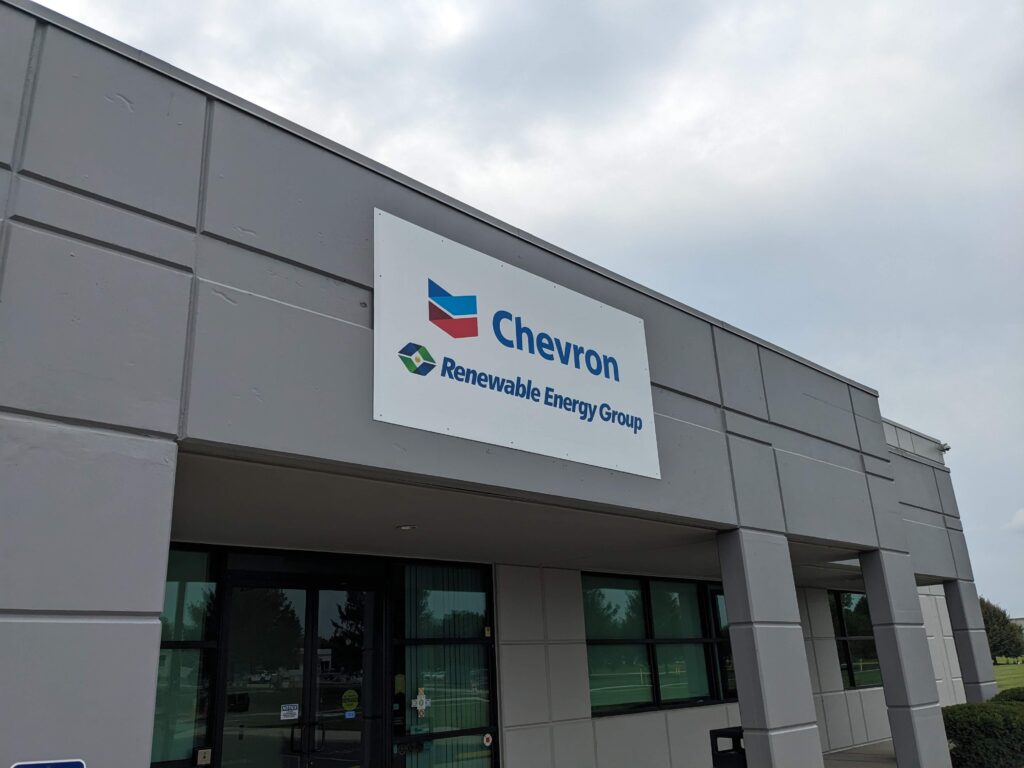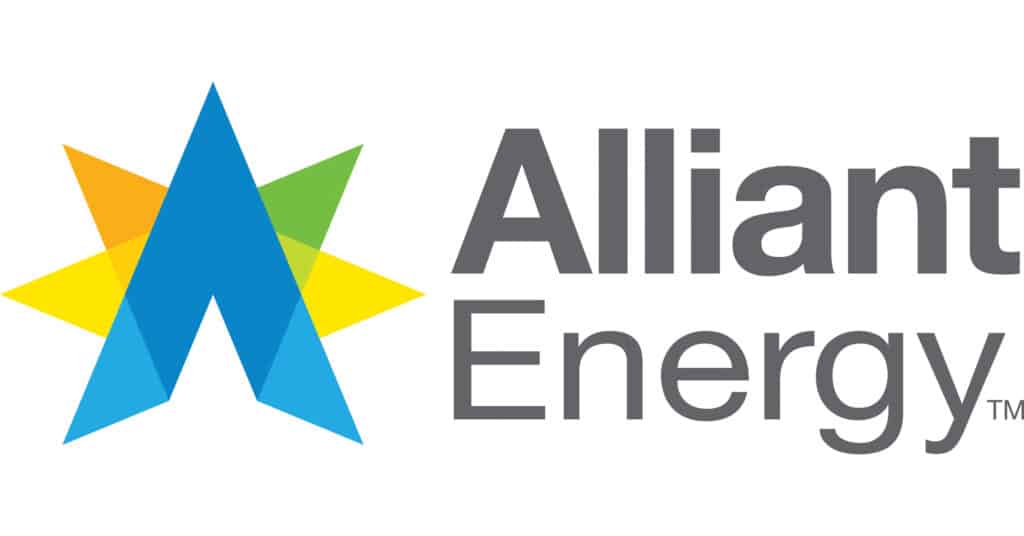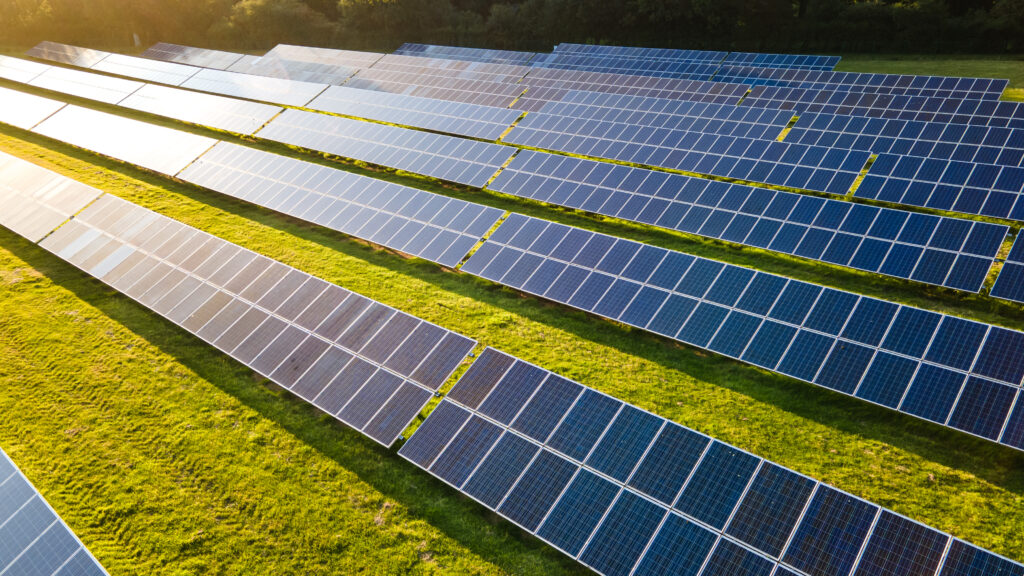Nationview: Nuclear Energy
Patrick Moore, co-chair, Clean and Safe Energy (CASEnergy) Coalition

Patrick Moore, a former leader of Greenpeace, now represents a coalition supporting the expansion of nuclear energy in the United States. Earlier this month, the Business Record interviewed Moore before he spoke at Iowa State University.
The national coalition has more than 2,800 members, including major labor unions, the U.S. Chamber of Commerce and the American Association of Manufacturers.
Moore said CASEnergy does not lobby for specific legislation, but focuses its education efforts in states in which nuclear energy is an issue. In Iowa, MidAmerican Energy Co. has been trying to lay the groundwork for a future nuclear energy plant in the state that would replace some of its coal-fired plants.
Moore said that there is bipartisan support in Congress for legislation that would allow interim above-ground storage of nuclear waste, rather than burying it deep underground, to speed the implementation of “fast” reactor technology that can reuse the fuel.
Additionally, he said, Westinghouse Electric Co. LLC is working towards regulatory approval of its design for a small modular reactor, a more cost-effective alternative to large-scale plants. Though similar technology has been used for years in other countries, no small modular reactors are yet in use in the United States.
Moore said the newest generation of reactors being built have highly sophisticated safety features to prevent accidents or a core meltdown, even in the event of natural disasters or power outages.
And nuclear energy may be one of the very few issues that President Barack Obama and Republican candidate Mitt Romney agree upon; both are supportive of expanding nuclear energy to balance the nation’s energy portfolio, Moore said.
How has the 2011 Fukushima reactor accident in Japan affected support for nuclear energy?
In the United States, even though there was a dip in public support immediately after Fukushima, there is just the same level of support as there was before – close to two-thirds support for nuclear energy. Many of the other countries, particularly China, Russia and India, have committed to somewhere between 50 and 100 additional nuclear reactors.
What difference is more advanced technology
making in reactor development?
Russia is maybe the leader on the technology side now. … they’re building small floating reactors to go up the river in Siberia to power the mining and oil and gas operations up there. France has been recycling its nuclear fuel for many years and has perfected the technology, whereas the United States has chosen not to do that for various reasons. … This used fuel, which is unfortunately called waste, is not waste; it is a huge future energy resource. We’re only really taking about 1 percent of the energy out of the uranium in its first pass-through in a reactor. It would be like taking a cup of oil out of a barrel and throwing the rest away.
What role will small modular reactors
play in advancing nuclear energy?
The places where these reactors will be most useful will be on islands and in remote locations off the grid, like Hawaii, Puerto Rico, northern Alaska, northern Canada. In industry, small modular reactors will be able to replace conventional energy sources like natural gas for power production, steam production. So there are a whole bunch of uses for small nuclear reactors beyond just producing electricity, which has been the main use for large reactors. For example, companies like Dow and DuPont are very interested in small modular reactors for their large-scale plants. … There is a whole range of technologies under development that will really broaden the uses of nuclear power.










